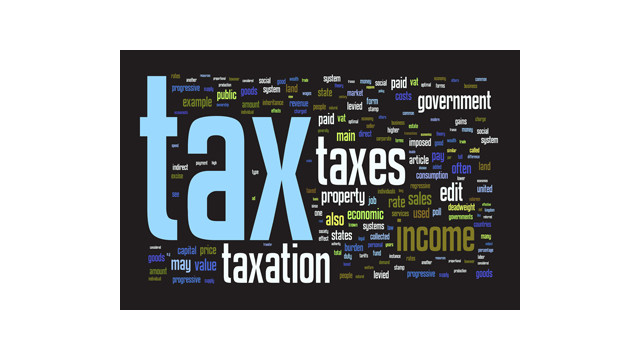Suppose you own commercial real estate that you want to sell. If the property has substantially appreciated in value in recent years, you could be sitting on a hefty tax bill when the sale goes through. And, to complicate matters, you may have a hard time finding a willing buyer with the resources needed to meet your asking price in this current market.
Fortunately, there’s a way out of this conundrum: You can arrange an installment sale of the property. With this tried-and-true tax planning technique, you can defer the tax over several years, usually reducing the overall tax bite. Plus, the buyer spreads out the payments so it’s easier for them to shoulder the load. It’s a win-win!
Are there any special conditions for qualifying for installment sale treatment? The tax law only requires that the payments must be made over two or more years. Otherwise, the basic tax rules apply to the transaction. Let’s take a closer look.
For starters, gains from the sale of appreciated real estate are taxed as capital gains. If you’ve owned the property for more than one year, your long-term capital gain is taxed at a maximum rate of only 20% (15% for certain moderate-to-low income taxpayers) as opposed to the top ordinary income tax bracket of 37%—almost double. In addition, you may be liable for the 3.8% net investment income tax (NIIT).
Furthermore, you generally owe tax on a portion of your gain in the year of the sale and the rest in the years in which payments are received. The taxable portion is based on the “gross profit ratio” (i.e., the gross profit from the real estate sale divided by the price).
For example, if the gross profit ratio is 60% on the sale of a commercial building at a $1 million gain and you receive $250,000 a year, you’re taxed on $150,000 (60% of $250,000) of the proceeds annually. Assuming a 20% long-term capital gains tax rate (and ignoring any NIIT ramifications), the annual tax on the installment sale is $30,000 (20% of $150,000).
Be aware that depreciation claimed on the property must be recaptured as ordinary income to the extent it exceeds the amount allowed under the straight-line method. However, on a positive note, spreading out the tax over a number of years will take greater advantage of the maximum 20%/15% tax rate on long-term capital gain.
Caveat: There is one other potential tax pitfall to watch out for. If the sales price of your property (other than farm or personal property) exceeds $150,000, interest must be paid on the deferred tax to the extent that your outstanding installment obligations exceed $5 million.
Finally, installment sale treatment on your tax return is automatic, but you can “elect out” it suits your needs. For instance, you may be expecting 2022 to be a low tax year or you might have a large capital loss that will absorb the taxable gain. If you make the election, the entire gain is taxable in the year of the sale. Consult with your tax professional advisors.
Thanks for reading CPA Practice Advisor!
Subscribe Already registered? Log In
Need more information? Read the FAQs
Tags: Income Taxes, IRS, Taxes





